Health Risks of Offering Tea Biscuits to Children: What You Need to Know
By Lokmat English Desk | Updated: July 1, 2024 15:27 IST2024-07-01T15:17:43+5:302024-07-01T15:27:29+5:30

In today's environment, ensuring young children receive a nutritionally balanced diet is crucial for their optimal growth and development. However, there is a concerning trend where parents are increasingly offering tea and biscuits to their children, influenced by their own consumption habits. This choice, driven by children's preferences mirroring those of their parents, raises questions about the adequacy of such dietary practices in supporting children's health and well-being.

Doctors advise against giving tea and biscuits to children due to potential health risks such as caffeine's impact on their developing systems and the sugar and unhealthy fats in biscuits, which can lead to weight gain and dental issues.
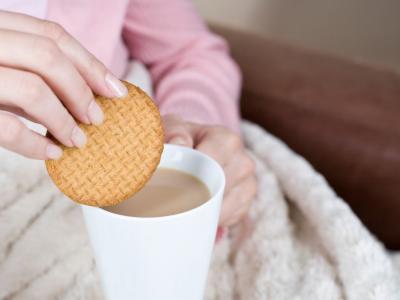
Biscuits typically contain flour, sugar, and palm oil, which can potentially harm a child's health due to the adverse effects of sugar on teeth and palm oil on cardiovascular health when consumed excessively.
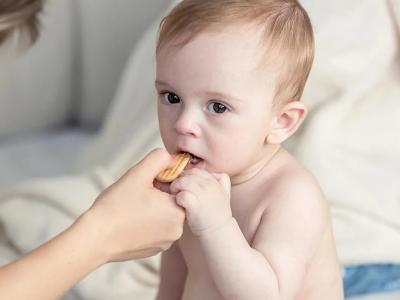
While biscuits may satisfy children's hunger, they often lack essential nutrients. Additionally, their preservatives can potentially harm the body's blood and overall health.
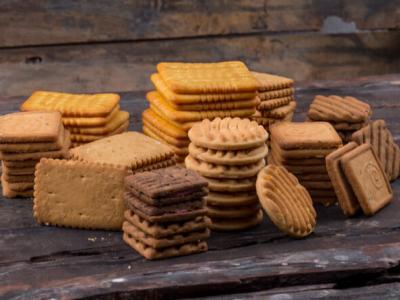
Biscuits also contain sodium benzoate, which has been linked to potential DNA damage.
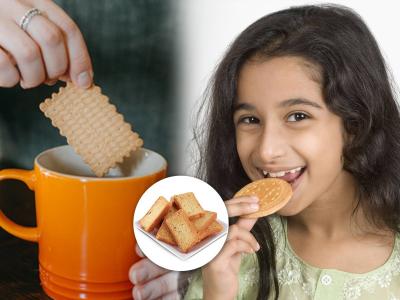
The flavoring ingredients used in biscuits can pose risks such as lung diseases and potential brain damage.

Drinking tea can cause discomfort, disrupt sleep, and hinder iron absorption in children.

Tea mixed with sugar contributes to a high-calorie diet, increasing the risk of obesity, which is detrimental to children's health.
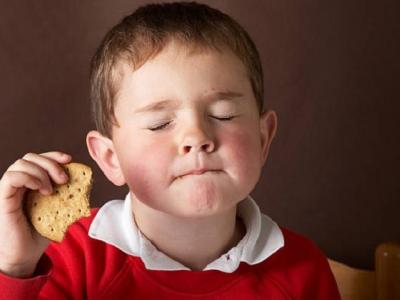
Frequent consumption of tea with excessive sugar can lead to elevated blood sugar levels in children.

Drinking tea can adversely affect children's digestive systems, increasing the risk of constipation, indigestion, and gas.























